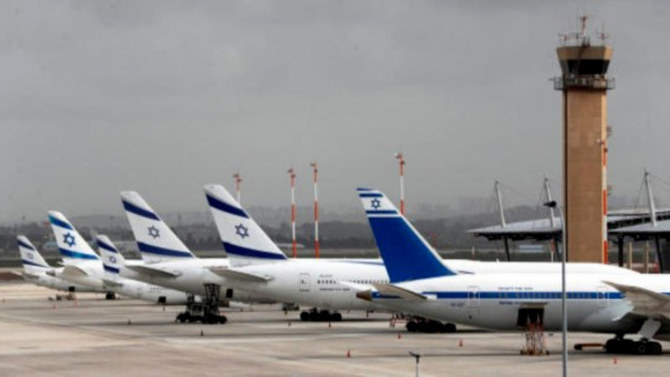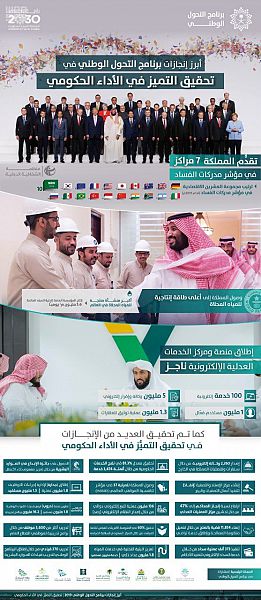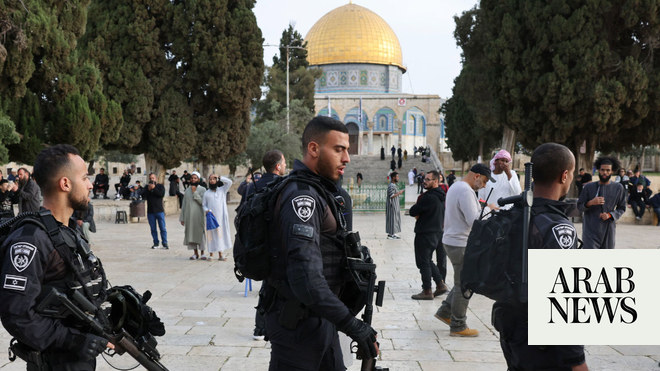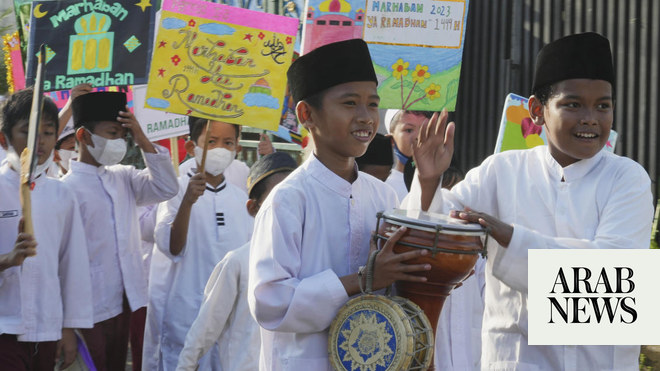
Fasting from dawn to sundown during Ramadan is one of the five pillars of Islam
Miswak, or siwak, a twig used as a toothbrush, has special significance during the month-long fasting
RIYADH: As Ramadan approaches, Saudi Arabia, the heartland of Islam, begins to ease into a lifestyle of spiritual transformation during a month of intense prayers, fasting from dawn-to-dusk, and acts of generosity to those less fortunate than ourselves, such as donating food, clothes or money.
Ramadan, the ninth month of the Islamic lunar calendar, is considered holy for several reasons, not least that it is the month in which the Qur’an was first revealed, and during this month the gates of heaven remain open while the gates of hell are closed and the devils chained up.
As the Qur’an tells us in Surah Al-Baqarah: “The holy month of Ramadan in which was revealed the holy Qur’an, a guidance for mankind and clear proofs for the guidance and the criterion, between the right and the wrong.”
The night that the Qur’an was revealed to Prophet Muhammad (peace be upon him) is called Lailat ul Qadr (night of power), and to stand in prayer on this night is said to be better than a thousand other nights of worship.
As it is not known on which particular night the Qur’an was revealed — it is said to have been one of the last 10 nights of Ramadan — Qiyam Lail prayers are held on each of those 10 nights.
Fasting from dawn to sundown during Ramadan is one of the five pillars of Islam, along with: Tauheed, a Muslim’s declaration of faith in one Allah; Salah, the saying of prayers five times a day; Zakat, a religious obligation for all Muslims who meet the necessary criteria of wealth, which is considered a sort of tax or obligatory alms; and the Hajj pilgrimage.
The benefits of Zakat and being charitable to the poor and needy during the holy month are tremendous, as the prophet, who was the most charitable among all people, used to be even more benevolent during Ramadan, when angel Jibreel (Gabriel) would meet him every night.
The prophet said: “He who gives food for a fasting person to break his fast, he will receive the same reward as him, without nothing being reduced from the fasting person’s reward.” (Tirmidhi).
As another Ramadan begins —most probably on Wednesday, depending on the sighting of the new moon — the daily fast for Muslims in Saudi Arabia and other countries in the region will last about 15 hours this year.
In Saudi Arabia, the holy month has added significance, because it is the time when many pilgrims from the Kingdom and around the world travel to Makkah for Umrah, as well as to undergo a spiritual transformation.
Offices reduce the working day, by two hours in most cases, usually starting later and finishing earlier. Every evening, a calm descends as most people rest at home in the build up to iftar, the meal at sunset that breaks the day’s fast.
Families and friends often get together for an iftar party, as Ramadan is known for the feasts as well as the fasting. During the night prayers, verses from the Qur’an are recited, and mosques remain full of worshipers for an extra hour or so after the regular night prayer (Ishaa), as they perform a voluntary congregational Ramadan prayer called Taraweeh.
Before the dawn prayer (Fajr), Muslims wake for a pre-dawn sahoor meal, their last food and drink before the start of fast, which helps them cope with the intense hunger and thirst during 15-hours with nothing to eat or drink in this searing heat. Fasting Muslims abstain from all food and drink from dawn to dusk for the entire month, as a single sip of water, bite of food or a puff of a cigarette is enough to invalidate the fast.
Miswak, or siwak, a twig used as a toothbrush, has special significance during the month-long fasting.
Ramadan is an exercise in self-restraint, self-control and self-discipline and Muslims are also encouraged to avoid gossip, arguments and ego battles.












